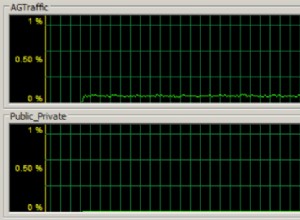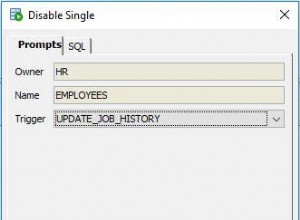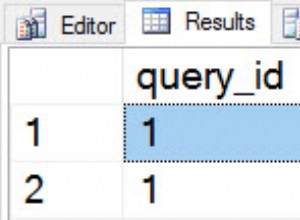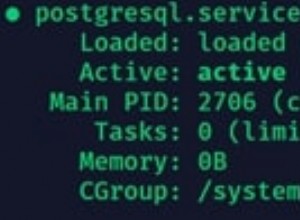Sie könnten die Funktion date_diff() verwenden
https://php.net/manual/en/function.date-diff .php
So etwas wie...
<?php
$now = time();
$then = $posttime;
$diff = date_diff($now,$then);
echo $diff->format('%R%d days'); #change format for different timescales
?>
bearbeiten --
Ich löse dieses Problem tatsächlich in einer meiner Twitter-Apps mit dieser Funktion ...
function time_since ( $start )
{
$end = time();
$diff = $end - $start;
$days = floor ( $diff/86400 ); //calculate the days
$diff = $diff - ($days*86400); // subtract the days
$hours = floor ( $diff/3600 ); // calculate the hours
$diff = $diff - ($hours*3600); // subtract the hours
$mins = floor ( $diff/60 ); // calculate the minutes
$diff = $diff - ($mins*60); // subtract the mins
$secs = $diff; // what's left is the seconds;
if ($secs!=0)
{
$secs .= " seconds";
if ($secs=="1 seconds") $secs = "1 second";
}
else $secs = '';
if ($mins!=0)
{
$mins .= " mins ";
if ($mins=="1 mins ") $mins = "1 min ";
$secs = '';
}
else $mins = '';
if ($hours!=0)
{
$hours .= " hours ";
if ($hours=="1 hours ") $hours = "1 hour ";
$secs = '';
}
else $hours = '';
if ($days!=0)
{
$days .= " days ";
if ($days=="1 days ") $days = "1 day ";
$mins = '';
$secs = '';
if ($days == "-1 days ") {
$days = $hours = $mins = '';
$secs = "less than 10 seconds";
}
}
else $days = '';
return "$days $hours $mins $secs ago";
}
Sie übergeben es in einem Unix-Zeitstempel der zu prüfenden Zeit (die Postzeit) und es gibt die verschiedenen Zeichenfolgen zurück.




